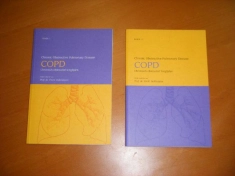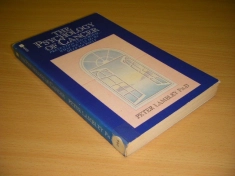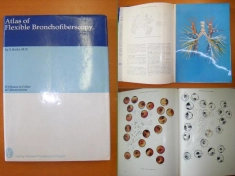End of Life Choices, Consensus and Controversy
Fiona Randall, Robert Silcock Downie;Paperback in redelijke staat. Aantekeningen en markeringen met pen. Vouwtje.
Palliative care is undergoing a period of rapid change, both in perceptible ways such as legislation, policy, and clinical guidelines, but also in its philosophy and ethics. There is ambiguity surrounding even the definitions used, ranging from palliative care, to supportive care, to end of life care. Randall and Downie propose that the uncertainties in the current thinking on end of life care may change the two ethical (and legal) principles on which modern medical care has been built -that practitioners must obtain the informed consent of the patient for treatment, and that practitioners must seek the best health interests of their patients. They will examine a wide range of issues, themes and contradictions prevalent in modern palliative/end of life care. These include: choice, assisted suicide, roles and values, responsibility, rights, Advance Care Plans, withdrawal and withholding of treatment, advocacy, the Mental Capacity Act, best interests, definitions, and the newDepartment of Health End of Life Care Strategy. This Palliative care is undergoing a period of rapid change in perceptible ways through legislation, policy, and clinical guidelines, but also in its philosophy and ethics. End of Life Choices: Consensus and Controversies examines a wide range of issues, themes and contradictions prevalent in modern palliative/end of life care. These include: choice, assisted suicide, roles and values, responsibility, rights, Advance Care Plans, withdrawal andwithholding of treatment, advocacy, the Mental Capacity Act, best interests, definitions, and the new Department of Health End of Life Care Strategy. Split into two sections, End of Life Choices: Consensus and Controversies provides guidance through the ethical minefield that has developed for doctors and nurses who care for patients towards the end of life. The first section discusses some of the issues of end of life care as they are still widely encountered by GPs, nurses and hospitalclinicians. It presents a mainly consensus view on patient choice, consent, life-prolonging treatment and symptom relief, including sedation. The second section discusses some current controversies, such as advance care planning, preferred place of care and death, physician assisted suicide, and extended ideas of 'best interests', including the idea that there are therapeutic duties to the relatives of patients. Additional online resources outline the common ethical theories and the vocabularyused in ethical theory which will be useful for readers who are taking part in training courses. The authors hope that this book will provide a guide through the complexity of clinical situations and current regulations, and also stimulate informed debate on current controversial issues. It will be of use to all those involved in care of the terminally ill, both specialists and those outside the current palliative care domain, as well as policy makers, researchers and ethicists.
Aantal beschikbaar:
1
Staat:
Redelijk
ISBN:
9780199547333
Taal:
en
Jaar van uitgifte:
2010
Uitgever:
Oxford University Press
Druk:
1e druk
Magazijn locatie:
H24K810
Boeknummer:
134906
Pagina's:
220
Extra korting
%
Meer boeken is meer korting!
- Vanaf 5 boeken
- Vanaf 10 boeken
- Vanaf 15 boeken
- Vanaf 20 boeken
- 5% korting
- 10% korting
- 15% korting
- 20% korting
Bekeken titels
Bekeken titels
Gratis verzending vanaf €25 (NL)
Boek2 heeft als missie veel goede boeken in omloop te houden
Ruim 18 jaar ervaring
check_circle
check_circle










